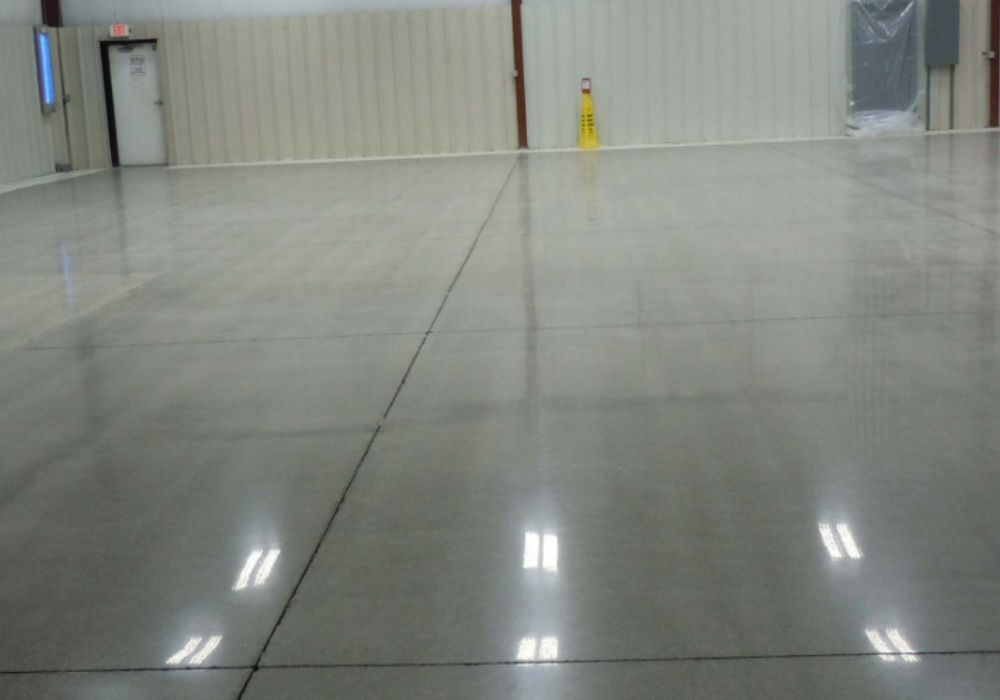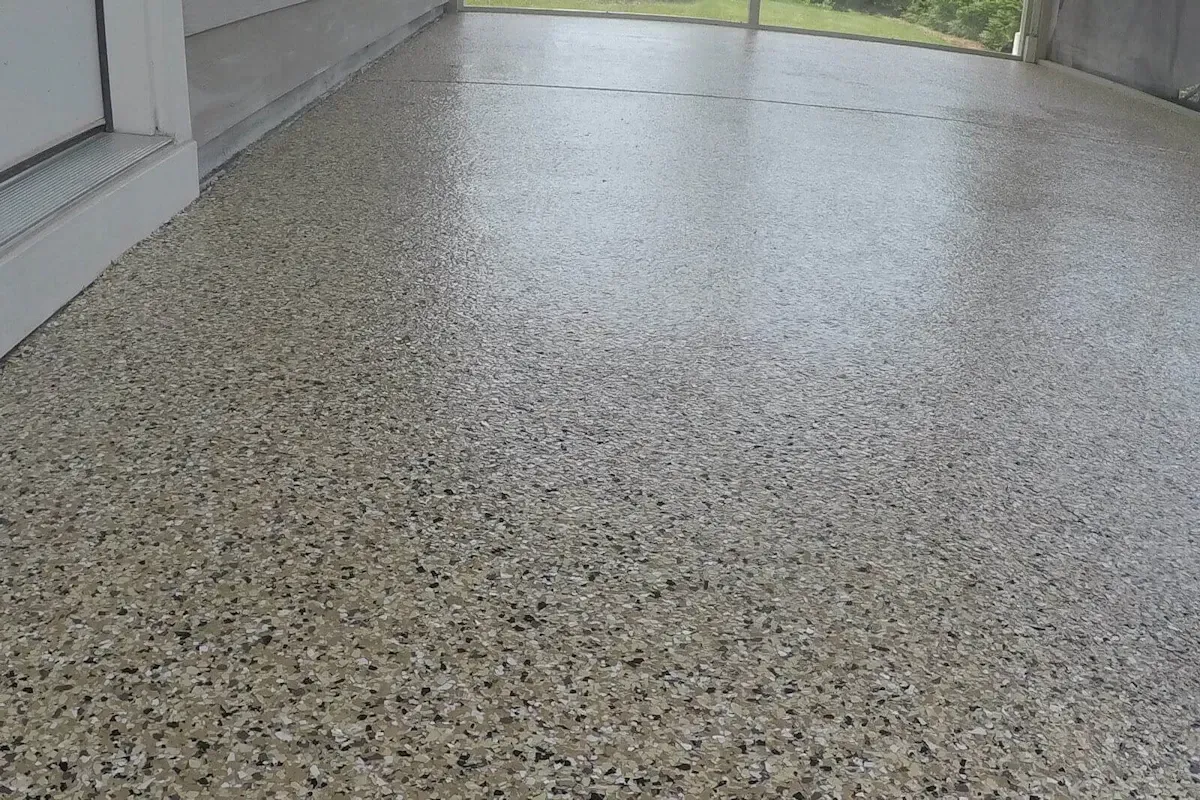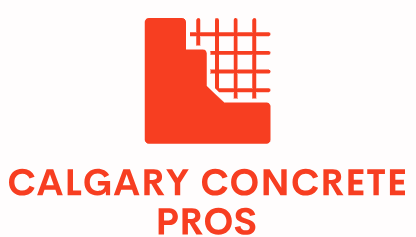Calgary Concrete Pros
Concrete Coating & Sealing Calgary
What's the difference between concrete coating and sealing?
Concrete sealers and coatings both protect concrete from the elements and wear, but they differ in a number of ways, including:
Purpose
Sealers primarily protect concrete from moisture, stains, and minor abrasions, while coatings also enhance the concrete's look and feel.
Thickness
Sealers are typically thin, while coatings are thicker.
Durability
Sealers may need to be reapplied every few years, while coatings are generally more durable.
Aesthetic options
Sealers are limited to clear or slightly tinted finishes, while coatings come in a wide range of colors, finishes, and decorative options.
Material
Sealers are usually made from silicone-based, polyurethane, or acrylic materials.
Adhesion strength
Epoxy coatings have a higher adhesion strength than silicone or polyurethane.
Breathability
Acrylic sealers are breathable, while concrete coatings are dense and unbreathable.
The best option for you depends on your needs and the environment where the concrete will be used. For example, a simple sealer may be enough for an outdoor patio or driveway, while an epoxy or urethane coating may be better for an industrial or commercial floor. We would be happy to assess your needs and recommend the best choice.

Get Instant Quote
We will get back to you as soon as possible.
Please try again later.

Concrete Coating
Concrete coatings are chemical compounds that sit on top of concrete surfaces and bind to the top layer to provide an aesthetically appealing protective barrier. Common options for concrete coatings include epoxies, paint, and polyurethane compounds. Some concrete coatings provide more protective benefits than others, while all three options provide decorative benefits.
Concrete floors in your garage or along your driveway can be smooth and clear. Instead, you can paint or coat it with a shiny, glossy, or matte top coat with vibrant colors. This can add charm and appeal to the space, either before you put the property on the market or to make the space more enjoyable for day-to-day use. It transforms the whole room’s appearance, especially if the coating has reflective properties that add more light to the space.
Paint is a low-cost and simple option, but it lacks many protective characteristics of other chemical compounds.
What is concrete coating supposed to do?
High-quality concrete coatings can protect the surface from damage by:
- Sealing it against chemical stains and damage from gasoline, oil, harsh cleaners, and grease
- Mitigating impact damage from driving and dropping heavy tools or weights
- Waterproofing the surface so it doesn’t absorb large amounts of rainfall, freezing and thawing cycles can cause spalling, the waterproofing characteristics of coatings can help concrete last much longer.
Common Concrete Coatings
The most common coating types that are used are epoxies and polyurethanes. Epoxies can be used as a primer, intermediate and topcoat depending on application. Epoxies are known for their superior adhesion and chemical resistance.
other common concrete coatings include:
Polyurethane
A thermoset polymer that doesn't melt when heated. Polyurea coatings are known for their durability and can withstand heavy traffic and harsh weather conditions.
Acrylic
A decorative, high-gloss finish that cures relatively fast. Acrylic coatings are best suited for areas with minimal risk of chemical spills, abrasions, or heavy foot traffic.
Methyl Methacrylate
A floor finish that cures quickly, is resistant to chemicals and water, and can be installed in low-temperature environments.
Polyaspartic
A relatively new coating that has extremely fast setting times.
What Is the Best Coating for Concrete?
The best coating for concrete is the one that protects your concrete surfaces from damage for years. Concrete surfaces react differently to different compounds based on the construction method, composition, pre-existing damage, climate, and expected degree of wear. Some of the most common causes of potential damage to garages and concrete surfaces are chemicals, abrasion, impact, and thermal shock. We will assess the needs for your project, make any necessary repairs, and and install the right coating for your unique property.
Concrete Sealer
A concrete sealer is a liquid solution used to protect and visually enhance concrete and increase floor safety, and has a wide range of applications, from strengthening industrial warehouses to sealing residential basements.
Why Should You Seal Your Concrete Floor?
The primary reason to seal concrete is to protect floors from damage like abrasion, staining, freeze-thaw, and salt attack. It is vital to keep fluids and chemicals from getting into the concrete and damaging it. Sealing will extend the life of the concrete and therefore maintain its functionality for longer. Concrete sealer can also be used simply to beautify floors, increase the shine, and enhance the color, especially decorative concrete. Lastly, sealers can be used to put some kind of anti-slip treatment onto the floor – think of a wet concrete driveway or a concrete pool deck.
What is Pitting and Spalling In Concrete?
Pitting
describes the small holes, or pits, that appear from localized wear on the surface of concrete.
Spalling
The term used to describe when the concrete surface gets cracked and then breaks off in sheets or flakes.
It is also very important to seal out corrosive chemicals. Things like deicing salts or chlorides can get into the concrete. And if it’s reinforced concrete, those chlorides will attack the rebar or the steel reinforcement, causing it to corrode, expand and crack, and even spall the outer concrete. In warehouses and garages, abrasion from heavy traffic, machines and wheeled carts will also wear down the concrete over time.
So to protect your floor and your property, we use a specially designed sealer for your specific floor. Sealing will also make floors easier to clean and maintain. If you don’t seal, you are reducing the durability and longevity of your concrete floor.
What Happens To Your Floor If You Don’t Seal Concrete?
If you don’t seal your concrete, you’re likely to run into problems. Remember that concrete is a very strong, durable material, but it is still porous. Concrete has capillaries and pores that will allow dirt, mold and mildew and moisture to creep in. Freeze-thaw attack is a large concern for unsealed concrete. Unsealed concrete sitting outside in a cold climate is subject to water getting inside and freezing. The dangerous thing to remember here is that when water freezes, it expands. This expansion can cause cracking, pitting, and spalling, which will all be left behind in the concrete when the ice thaws. That freeze-thaw action is extremely damaging to concrete. Calgary Concrete Pros can help with all your sealing and coating needs.
How long do concrete coatings last?
With proper upkeep and surface preparation, your coatings can last several years, if not a decade.
Avoiding chemical and oil spillage and regularly mopping your floors can help prolong the life of your coating.
Using quality products and thorough applications upon installation can also help create a lengthy coating lifespan.
Can concrete coatings prevent slips and falls?
Concrete coatings can help reduce the risk of slips and falls, but they can't guarantee it.
Can concrete coatings be applied to heated floors?
Can concrete coatings be applied to heated floors?
Yes, some concrete coatings, like polyurea polyaspartic, can be applied to heated floors.
How long does concrete sealing last?
Concrete sealers typically last somewhere between 1-3 years. However, some can last over 5 years
Why should I seal my concrete driveway or patio?
Sealing your concrete driveway or patio offers several benefits, including protection against water damage, oil stains, UV rays, and freeze-thaw cycles. It helps extend the lifespan of your concrete surface, enhances its appearance, and makes it easier to clean and maintain over time.
Can concrete sealing prevent cracks and spalling?
While concrete sealing can help prevent moisture intrusion and surface damage, it may not completely eliminate the risk of cracks and spalling. However, proper surface preparation and the application of a high-quality sealer can significantly reduce the likelihood of these issues, especially in areas prone to freeze-thaw cycles or heavy traffic.
Are concrete coatings or sealers expensive?
The cost of coating or sealing your concrete will vary depending on the demands of your project, such as the need for additives. However, even in cases where you need more than one product to cover your concrete surface properly, plenty of great products are available for a competitive price.
Do you offer maintenance contracts for your concrete sealing and coating services?
Yes, we offer maintenance contracts for our services to ensure your surfaces remain protected and looking their best year-round. Our maintenance plans can be customized to fit your specific needs and budget, providing regular inspections, cleaning, and resealing as needed to prolong the life and beauty of your concrete surfaces.
Concrete coating Vs concrete sealer
Advantages of concrete sealers:
Seals the surface pores of the concrete to make it impervious to liquid
Protects from freeze/thaw cycle cracking
Prevents surface from stains due to oil drips, dirt, mold, etc.
Protects from minor corrosion from chemicals and salt
May make the surface look wet or shiny, depending on the formula used
Generally inexpensive to purchase
Advantages of concrete coatings
Seals the surface pores of the concrete to make it impervious to liquid
Protects from damage from water and oil stains
Can prevent corrosion due to industrial chemicals
Protects surface from abrasions and impact damage
Comes in a variety of colors and patterns that can be customized
Quick & Reliable
Site Map
Privicy Policy/Terms of Service
All Rights Reserved | Calgary Concrete
